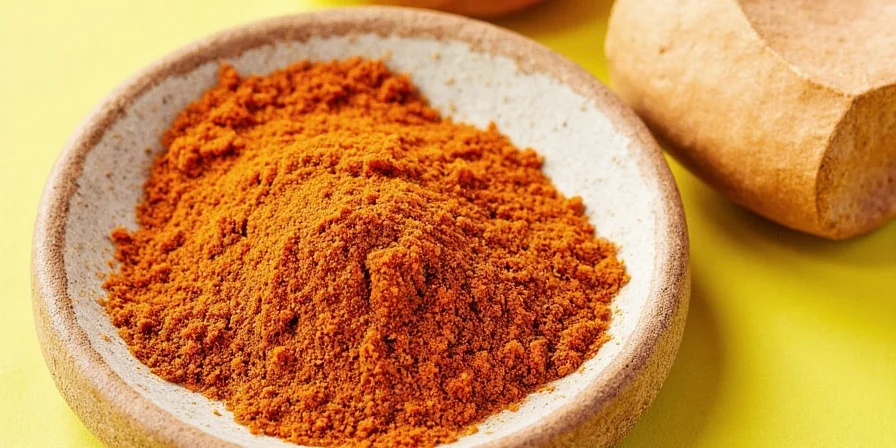
If you need a berbere substitute right now, use this simple blend: 2 tsp paprika + 1 tsp chili powder + ½ tsp cumin + ¼ tsp garlic powder + pinch of cinnamon. This quick mix delivers authentic berbere flavor using common pantry staples, perfect for doro wat or misir wot when you can't find the real spice blend.
| Quick Substitute | Ratio (per 1 tbsp berbere) | Best For |
|---|---|---|
| Pantry Staple Mix | 2:1:½ paprika:chili:cumin + garlic | Stews, lentils, chicken dishes |
| Harissa Shortcut | 1 tsp harissa + 1 tsp olive oil | Quick marinades, sauces |
| Ras El Hanout Swap | 1:1 replacement | Slow-cooked dishes |
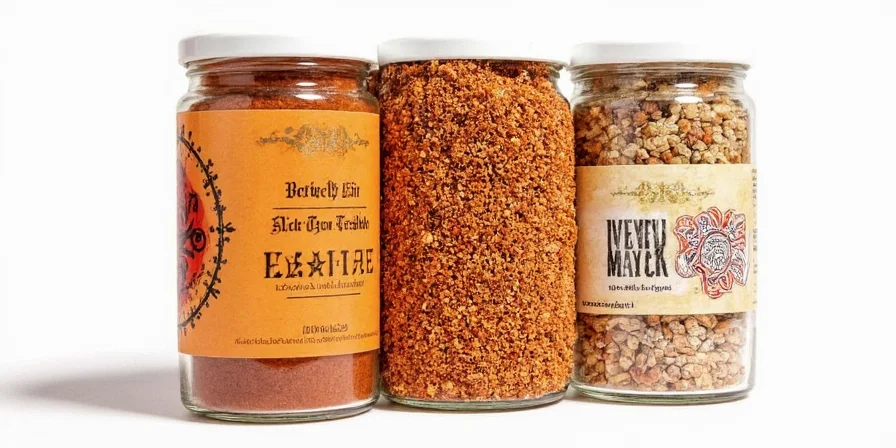
Why Most Berbere Substitutes Fail (And How to Fix It)
Berbere's magic comes from its balance of heat (chilies), earthiness (cumin), and warmth (spices like cardamom). Many substitutes fail because they only address one element. The best replacements mimic both the immediate heat and the deep, developing flavors that characterize authentic Ethiopian cooking.
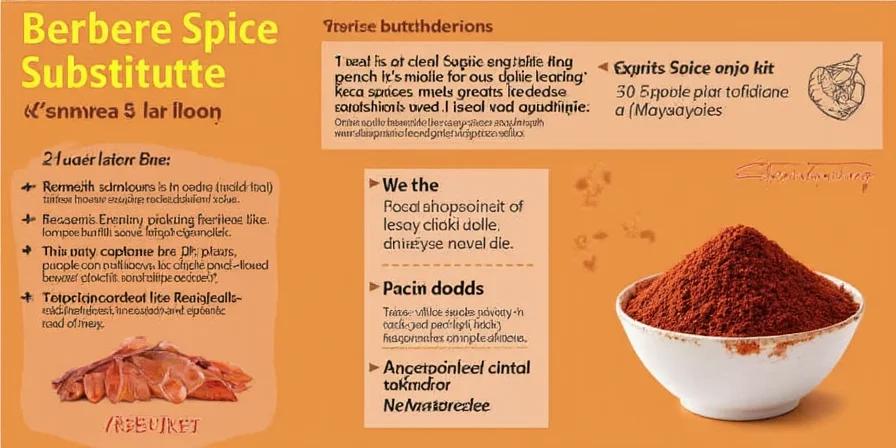
Top 3 Practical Berbere Substitutes for Home Cooks
1. The Pantry Staple Mix (Most Common Ingredients)
This is your go-to solution when you need berbere immediately. Paprika provides color and mild heat, chili powder adds kick, cumin brings earthiness, and garlic powder replicates berbere's signature sharpness.
- Perfect Ratio: 2 tsp paprika + 1 tsp chili powder + ½ tsp cumin + ¼ tsp garlic powder + pinch of cinnamon
- When to Use: For stews, lentils, and chicken dishes (add early for deep flavor)
- Pro Tip: Toast the mix in oil for 30 seconds before adding to dishes for richer flavor
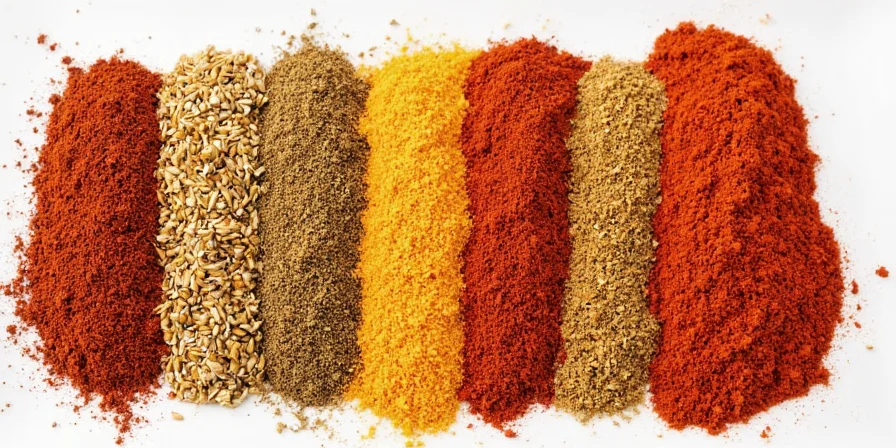
2. Harissa Paste (For Quick Fixes)
When you're in a hurry, harissa paste makes an excellent berbere substitute with minimal effort. Its fermented depth mimics berbere's complexity.
- How to Use: 1 tsp harissa + 1 tsp olive oil (dilutes intensity)
- Best For: Sauces, marinades, and quick dishes
- Adjustment: Reduce added salt by 25% since harissa contains salt
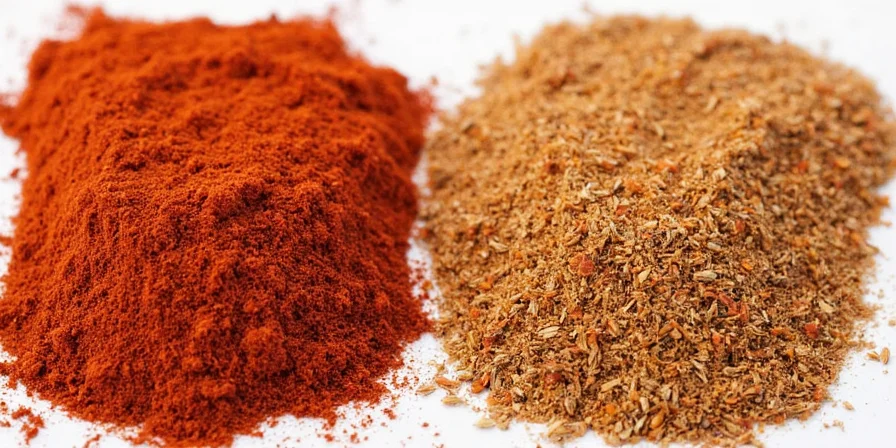
3. Ras El Hanout (For Complex Dishes)
This North African spice blend works as a 1:1 berbere replacement in slow-cooked dishes where deep flavor development matters most.
- How to Use: Replace berbere measure-for-measure
- Best For: Dishes cooked 30+ minutes (like doro wat)
- Enhancement: Add ⅛ tsp garlic powder per teaspoon of ras el hanout
When to Use Each Substitute: A Cook's Guide
- For stews cooking 30+ minutes: Pantry staple mix (add at beginning)
- For quick tomato-based dishes: Harissa (add after tomatoes)
- For lentil dishes where color isn't critical: Curry powder (1:1 replacement)
- For vibrant red color: Double paprika + 1 tsp tomato paste (add at end)
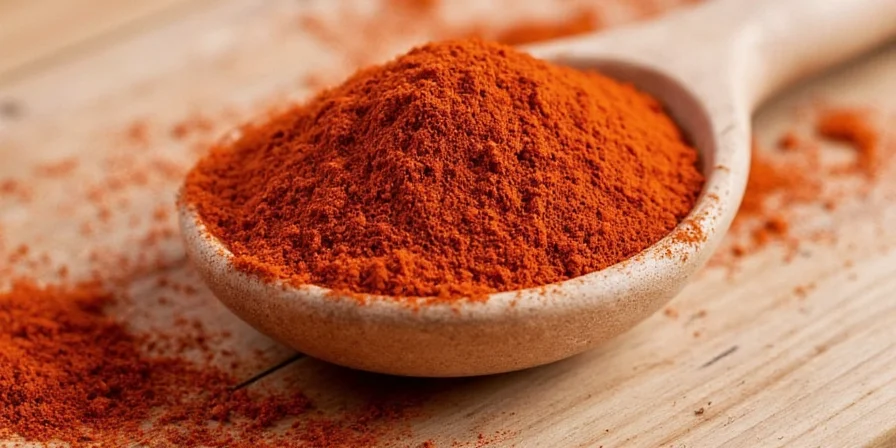
Pro Cooking Techniques for Authentic Results
- Add earthy spices first: Cumin and fenugreek early in cooking
- Add aromatic spices late: Cinnamon and cardamom in last 10 minutes
- Don't burn spices: Never heat above medium (350°F/177°C)
- For tomato dishes: Reduce heat elements by 25% (tomatoes amplify heat)
- For best color: Add paprika-based substitutes at the very end
Common Questions Answered Simply
What's the easiest berbere substitute with common spices?
The simplest mix is 2 parts paprika, 1 part chili powder, ½ part cumin, and a pinch of garlic powder. This uses spices most home cooks already have and works well for most Ethiopian dishes.
Can I use cayenne pepper instead of berbere?
Cayenne alone is too one-dimensional. For better results, use ¼ tsp cayenne + ½ tsp paprika + ¼ tsp cumin per teaspoon of berbere. This creates balanced heat with earthiness.
How do I make my substitute taste more like real berbere?
Add ⅛ tsp garlic powder per teaspoon of your blend - this replicates berbere's signature sharpness that most substitutes miss. Also, toast the spices in oil for 30 seconds before using.
Why does my berbere substitute taste flat?
You're probably missing the garlic element. Real berbere contains garlic, so your substitute needs ⅛ tsp garlic powder per teaspoon of blend. Also, add acidic elements (like lemon) after spices have cooked 10 minutes.

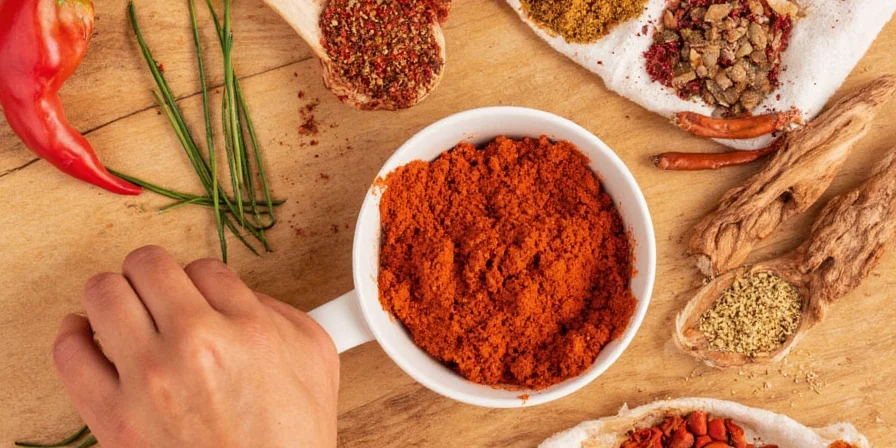









 浙公网安备
33010002000092号
浙公网安备
33010002000092号 浙B2-20120091-4
浙B2-20120091-4